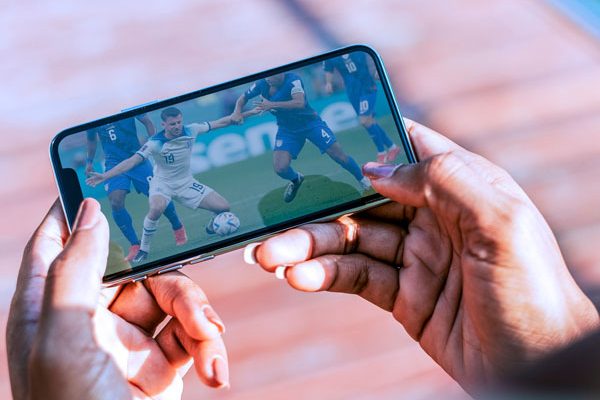The use of VPNs has increased by 1000% since the commencement of the 2022 World Cup in Qatar. The World Cup is causing a surge in VPN usage, a stark reminder of the lack of digital inclusion and inequality across the globe.
Our choices for watching the 2022 World Cup live are very few — you could either buy a cable subscription on DSTV or buy a subscription on a streaming platform like Showmax, or, you could use a VPN to mask or change your location to access free coverage from other countries, like BBC iPlayer. Usually with the looming power cuts, the last option is more sensible.
Africa has also a continent with many football fans who want to watch the World Cup, but are blocked by subscription costs, and sometimes, the language barrier. In response, people use VPNs to mask their location and access free, language-friendly, or uncensored coverage of the World Cup.
VPNs, or virtual private networks, are, as the name implies, private networks that allow users to encrypt their data over public networks such as the Internet. It can make it harder to track users and allow them to assume different locations, mask their IP address, and offer a more secure connection to the Internet. When using a VPN, all data sent or received by the connected gadget passes through the VPN.
In 1996, a Microsoft employee, Gurdeep Singh-Pall invented the point-to-point-tunneling-protocol, PPTP, which was the bedrock for encrypted and secure networks. Early adoptions of the protocol were mostly by businesses and organizations looking to protect their data and confidentiality while allowing workers to work wirelessly across different locations. Today, many businesses still use similar protocols to encrypt their data and communication channels between staff.
Over time, VPNs have grown among users seeking privacy, a practical layer of cyber-security or looking to bypass Internet restrictions. By encrypting their data, obscuring location and IP addresses, users can effectively avoid their data from being seen by hackers or cyber criminals looking to exploit them. Users using VPNs also produce much less data that can be used to track their actions across the Internet, and are able to access conditionally restricted contents and connections.
Since the beginning of the World Cup, there’s been a surge in the use of VPNs to access coverage of the event in Qatar. Researchers at Safety Detective, an organization focusing on safe digital practices, measured that the use of VPNs has increased by over 1000% since the commencement of the 2022 World Cup in Qatar, and it sits in line with a history of VPN surges during major sports events, especially World Cups.
This shows that digital inclusion and access is still a significant issue in Africa as we do not have as much access. Since almost everything is becoming digital, there’s also the need to make sure digitization has reached all the corners and fringes of the globe, including those backhanded by money, censorship, and cultural barriers.







Comments